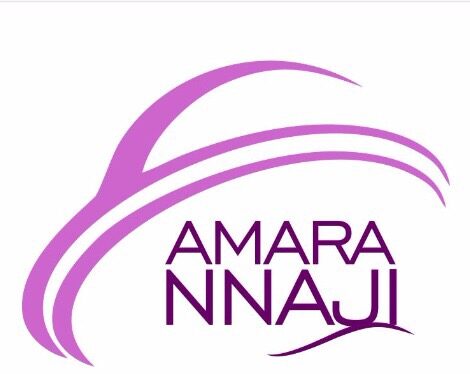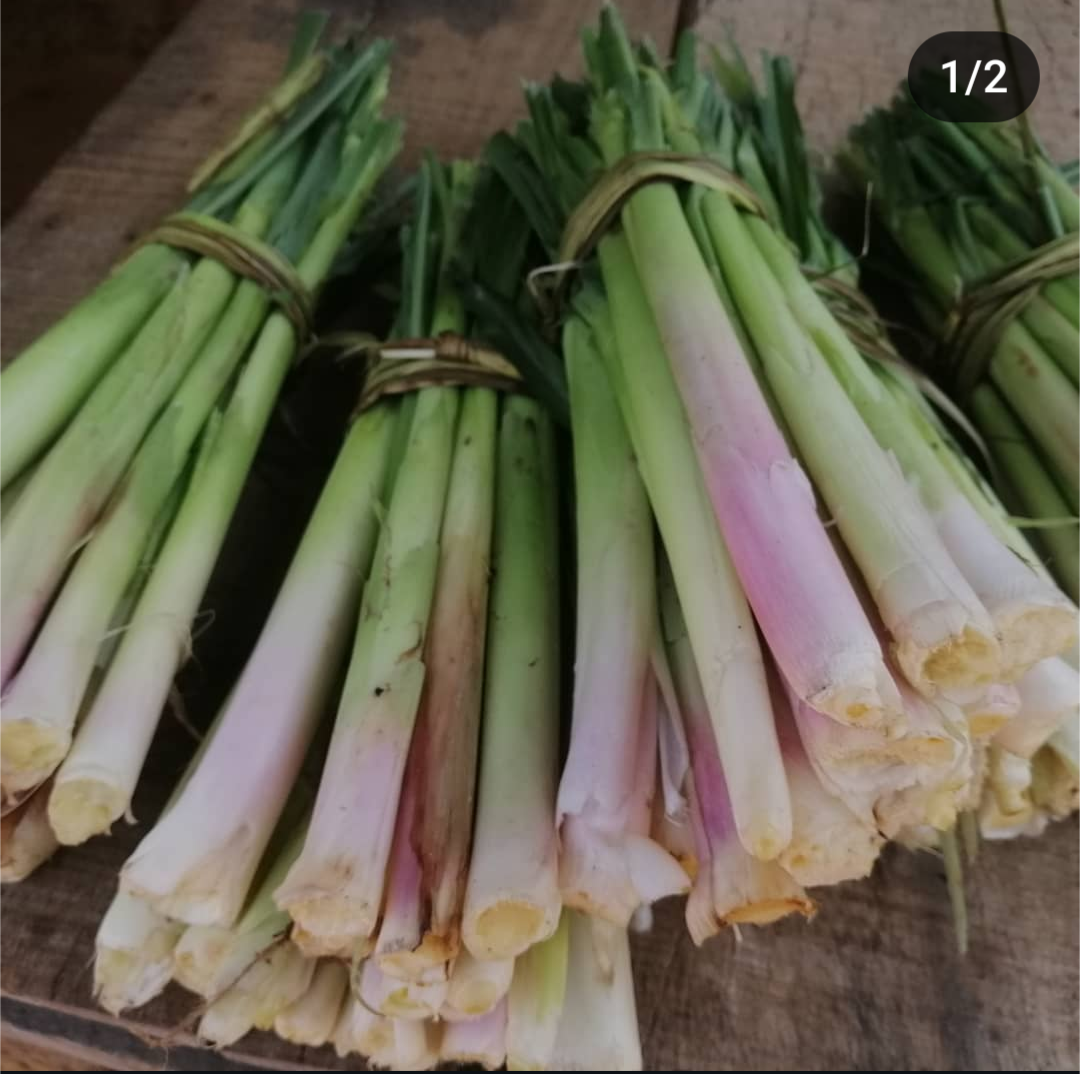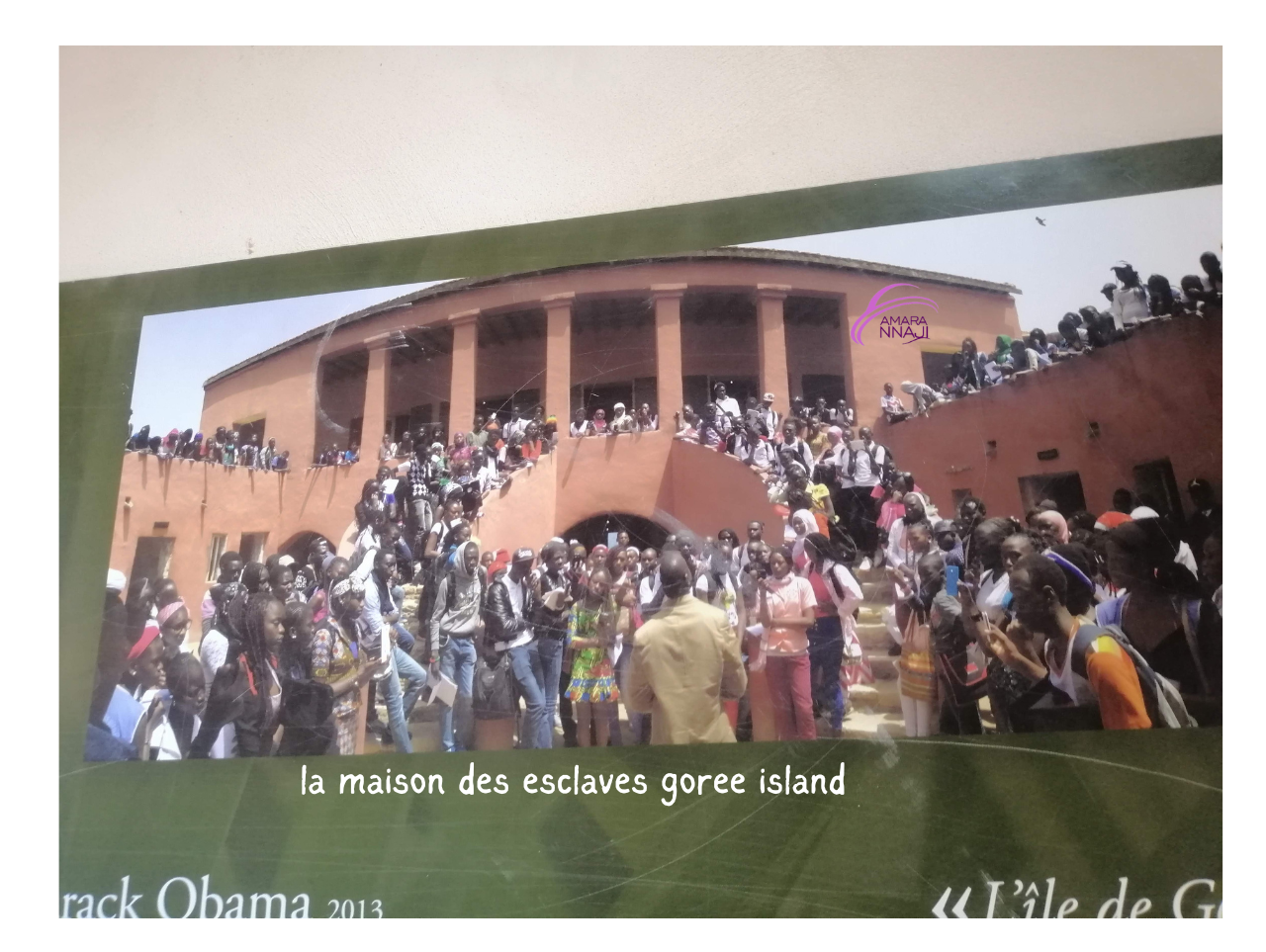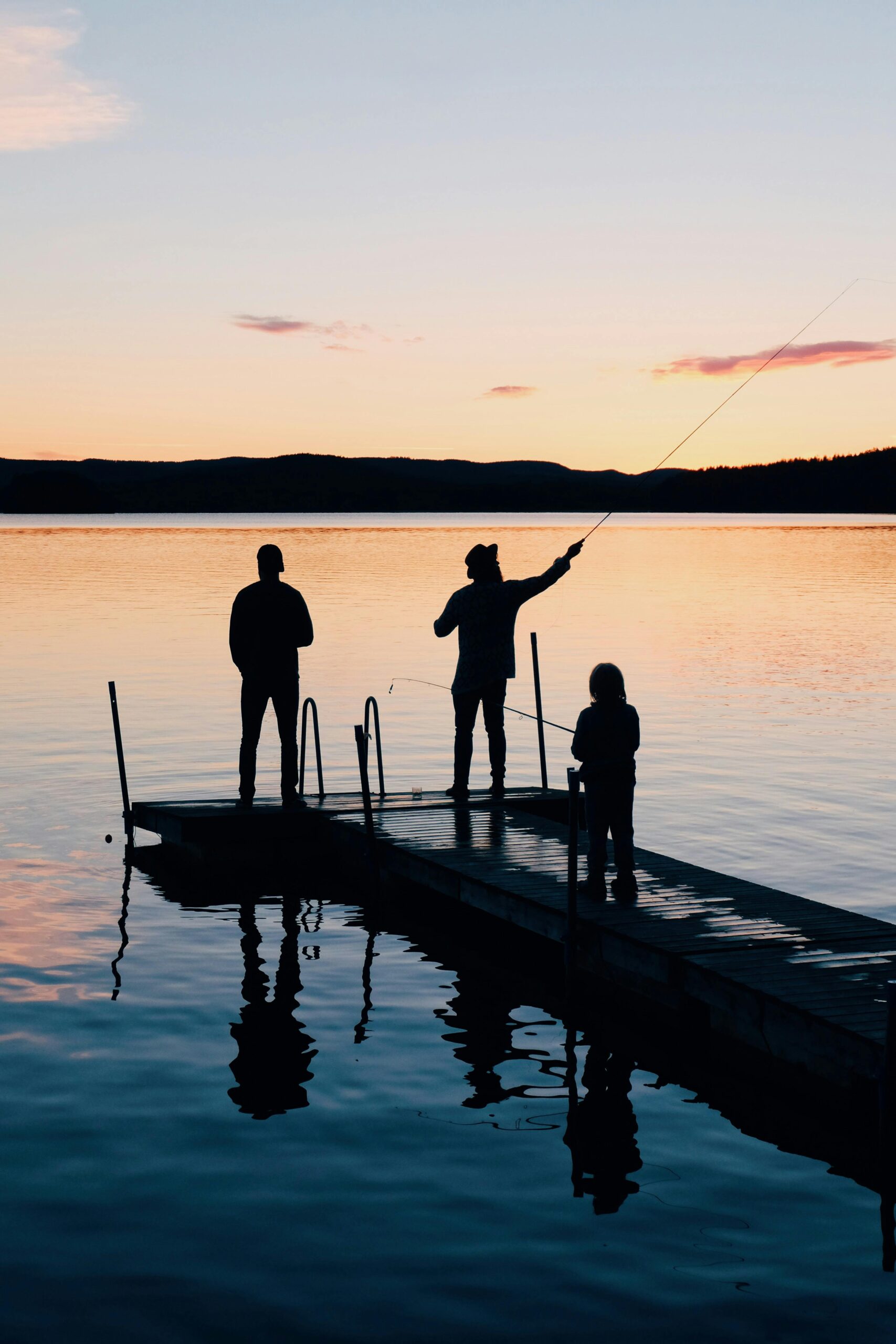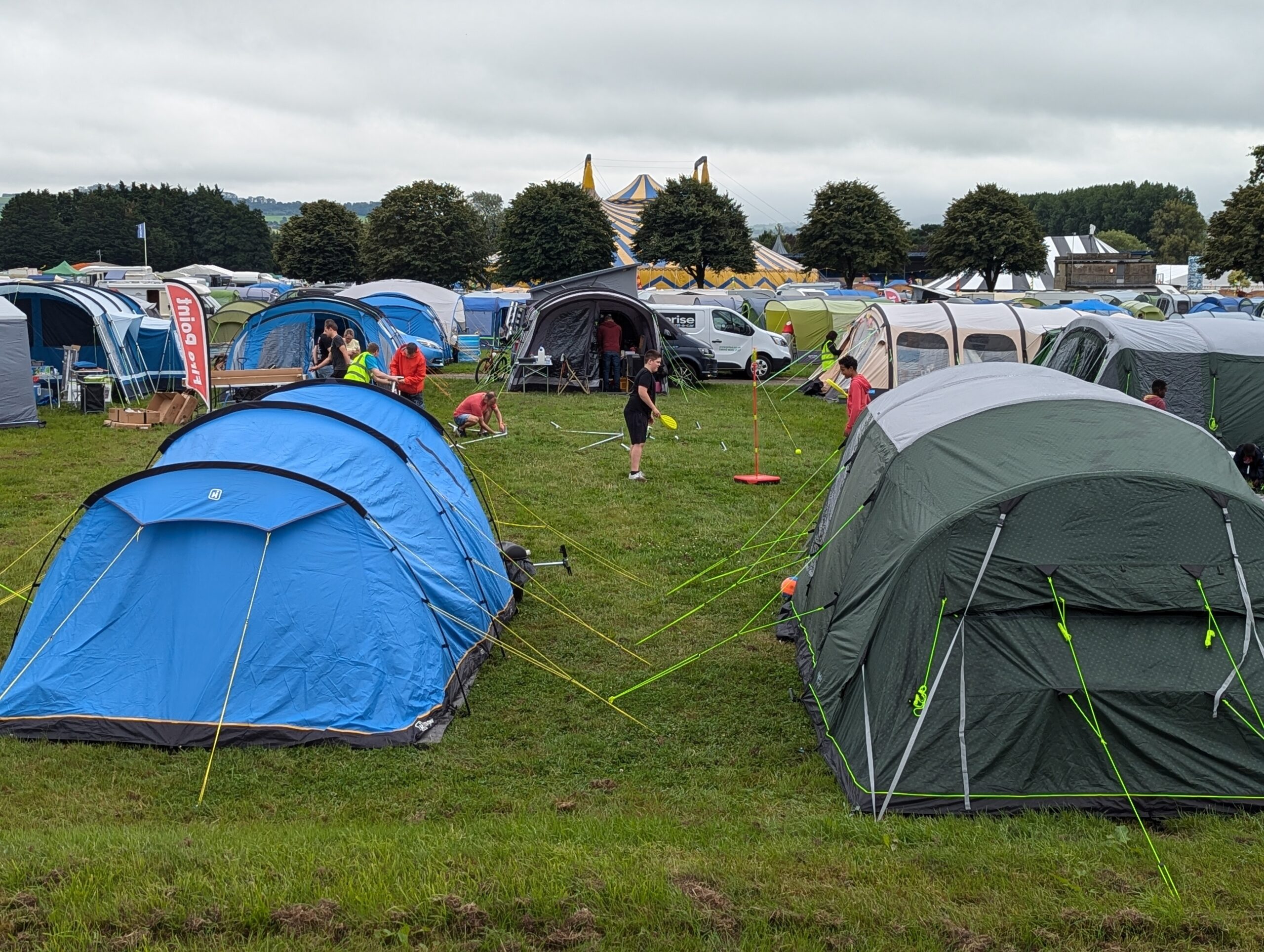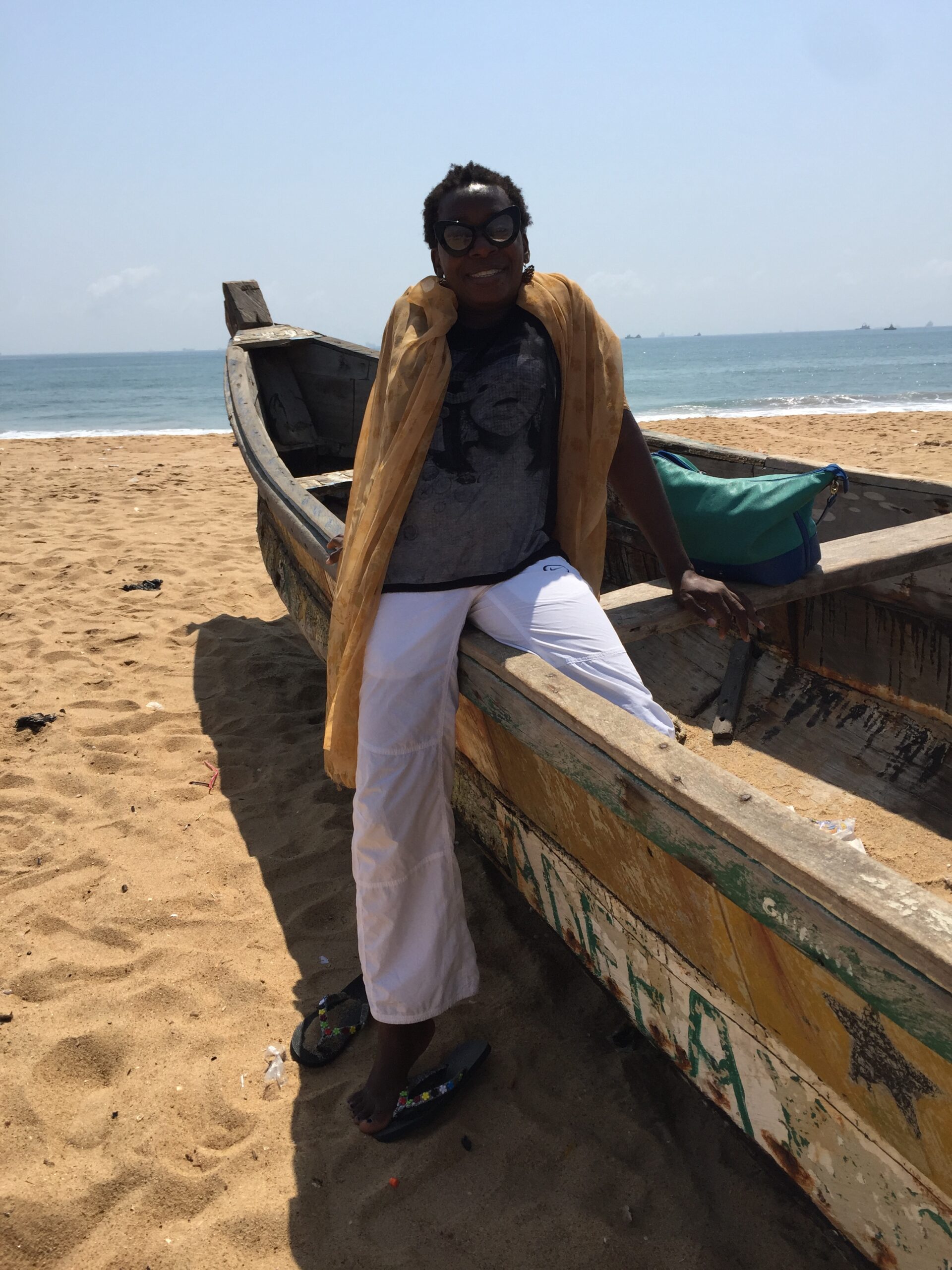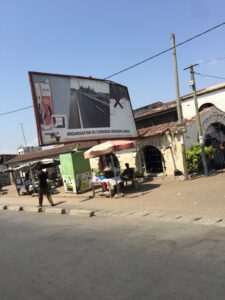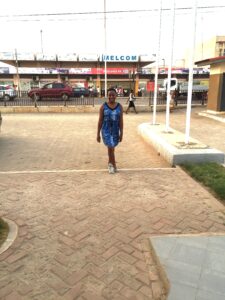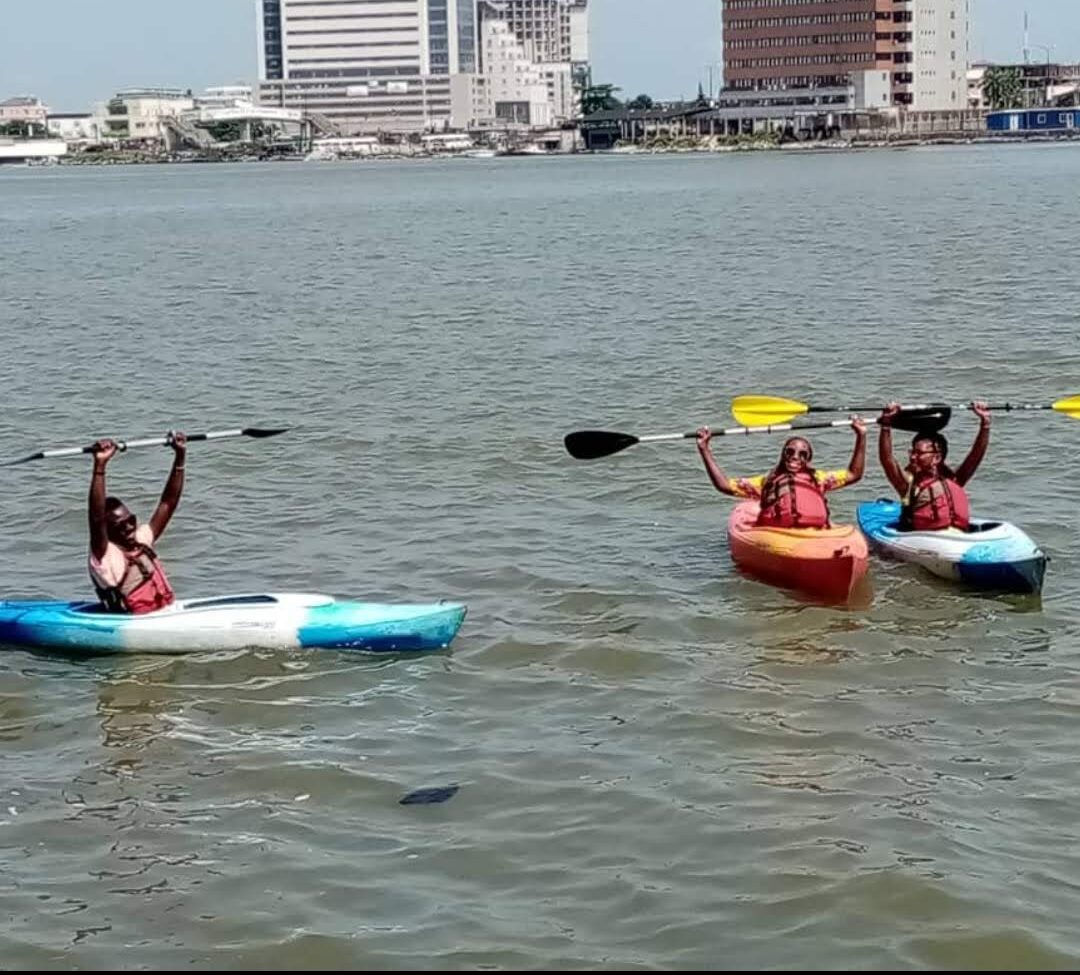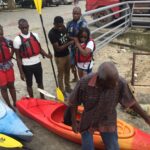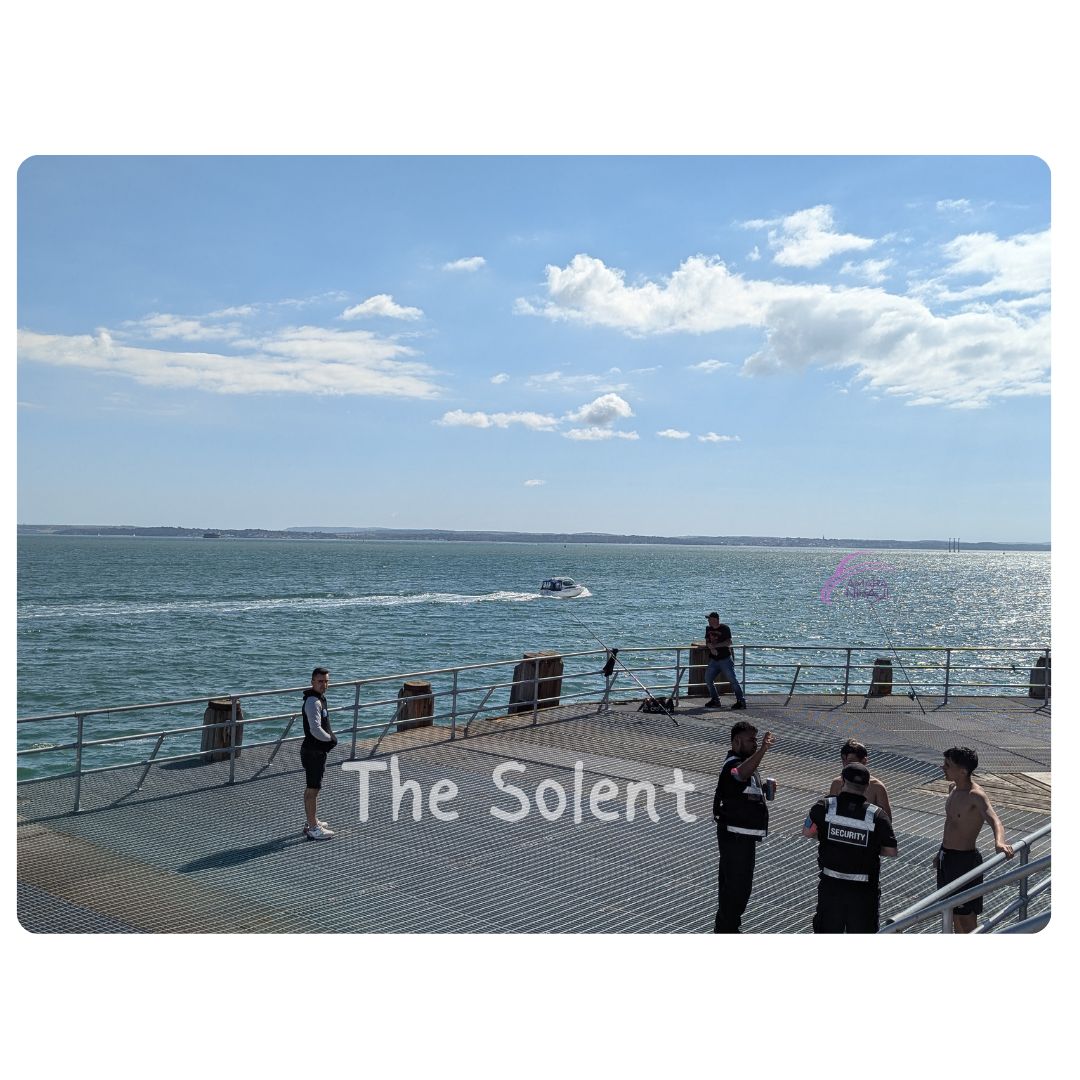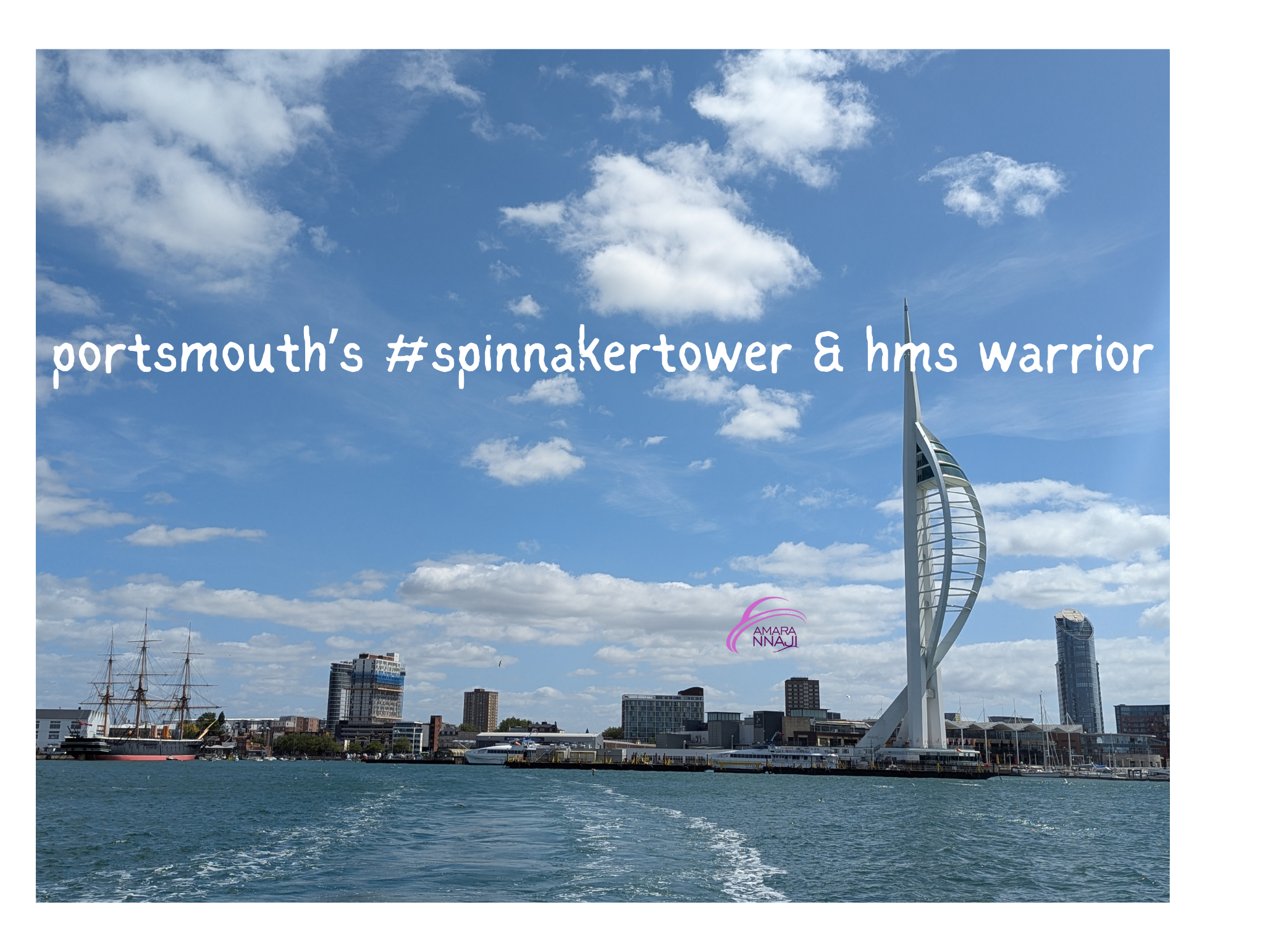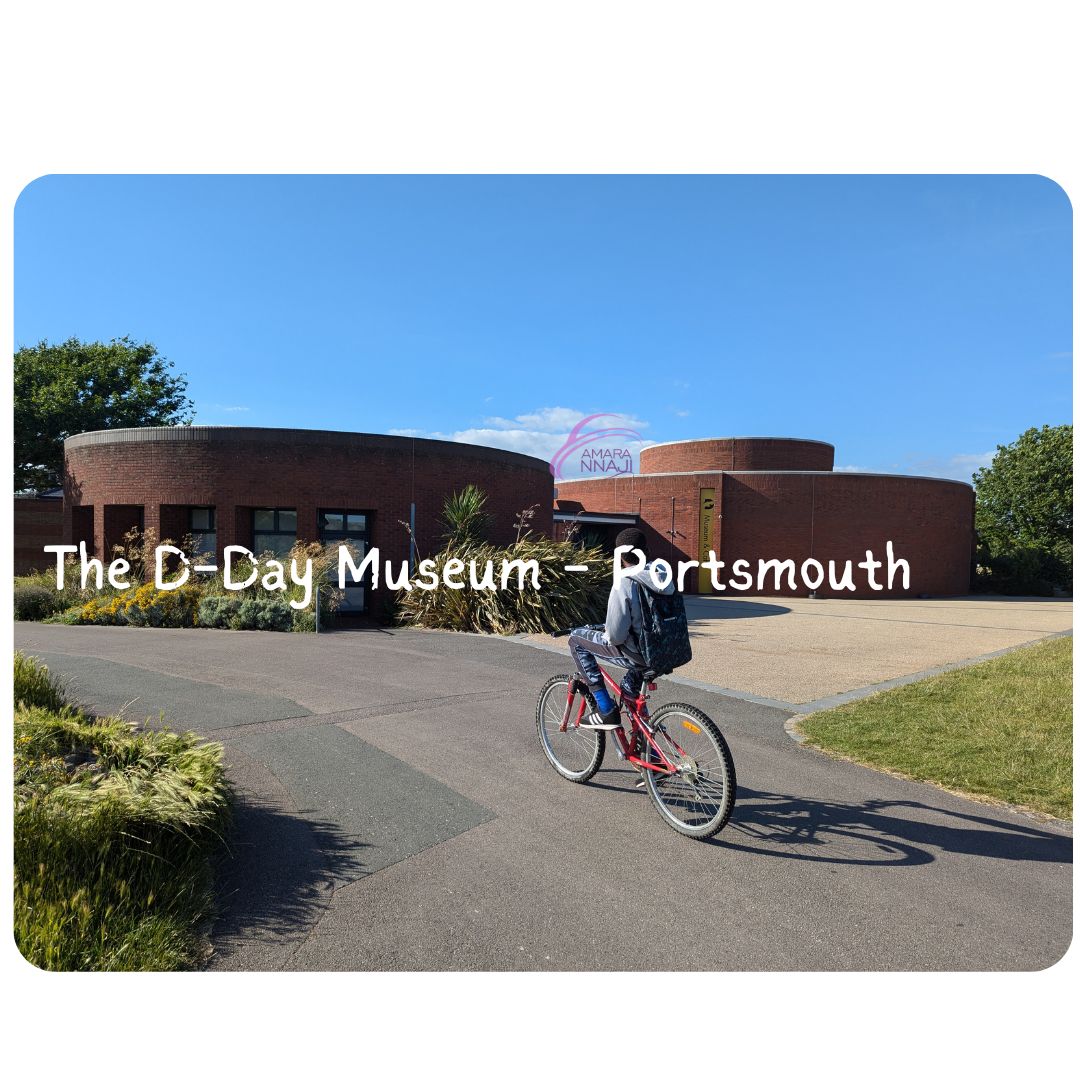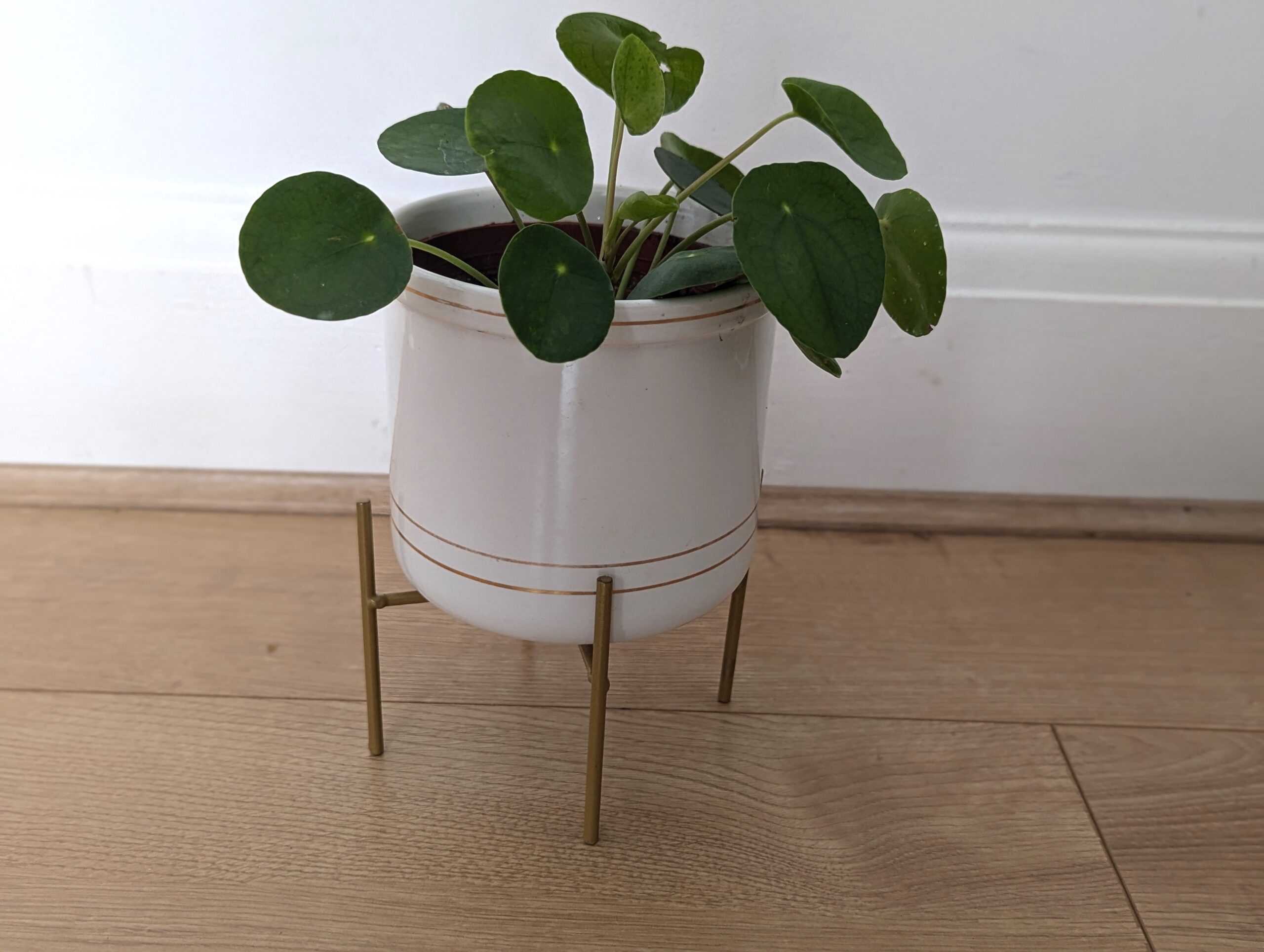“A family broke up as a husband and wife were sleeping with each other when their spouses were at work” the black man who sat across from me proffered in halting English
“You mean the student who left her husband for another man and he had been sent back to Nigeria? Ola turned towards him
“No. This woman was the dependent so the man is still here. He is my colleague and not Nigerian. Said the black man.
I cannot recall his name now. I was meeting him for the first time. Earlier during the introductions, he mentioned his friend prevailed on him to attend the session. I do remember he is from Equatorial Guinea
It was a new week and we were back for the Wellbeing session. We seem to be getting more men now. Black men too. As a black woman myself, this speaks volumes. It says that these men – finding themselves away from the enabling patriarchy of the African continent – now realised how much out of their depths they were and willing to try something different.
“How do you mean sent back to Nigeria?” asked Ashley, the coordinator for today
“She took him off her visa” Ola volunteered
“They were working shifts and never home alone together” Equatoguinean remarked
“Please, let’s take this in turns” Ashley stated as more two other women interjected
“You go first” Santos, she pointed to the man whose name I did not recall.
“They were our neighbours in the flat upstairs. Two families with five children living in a 3-bedroom flat. When the second family moved in, they informed us it was the wife’s sister and her family who had newly arrived. It was only after the issue escalated we find out they were total strangers to each other”
“So what happened?”
“They were all working different shifts and home at different times. The older kids go to school but both families has little ones out of school. So one partner would be home with the child and all that” One husband was a student though. Well it happened”
“How were they found out?”
“The student came home impromptu at a time when he was meant to be at work. Met them in the bathroom. His wife was not remorseful and that aggravated him so he began beating her. The other man intervened and both men started fighting and throwing things”.
“It was so bad she was screaming, the two toddlers at home were crying too. We do not know which neighbour called the police. Their saving grace was they claimed it was the men fighting, not a wife-battering”.
“And now, two families with kids are scattered. The children attend the same school so this is quite messy”
“Different families with various challenges” Anna opined. An Espanola who grew up in Morocco before migrating across the Channel.
“Still want to share Ola?” Ashley asked
“Not today” Let’s talk about something cheerful.
I came in here to cleanse my head. Ironically, it is now muddier. I find that despite my limited social life, these unsavoury harrowing stories seem to keep floating in the air anywhere I go.
How can I help my people? remains the constant refrain in my head.
